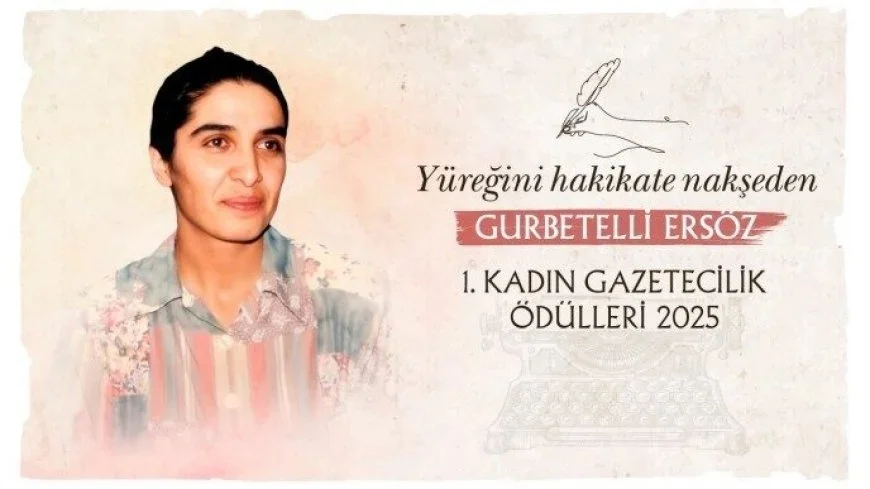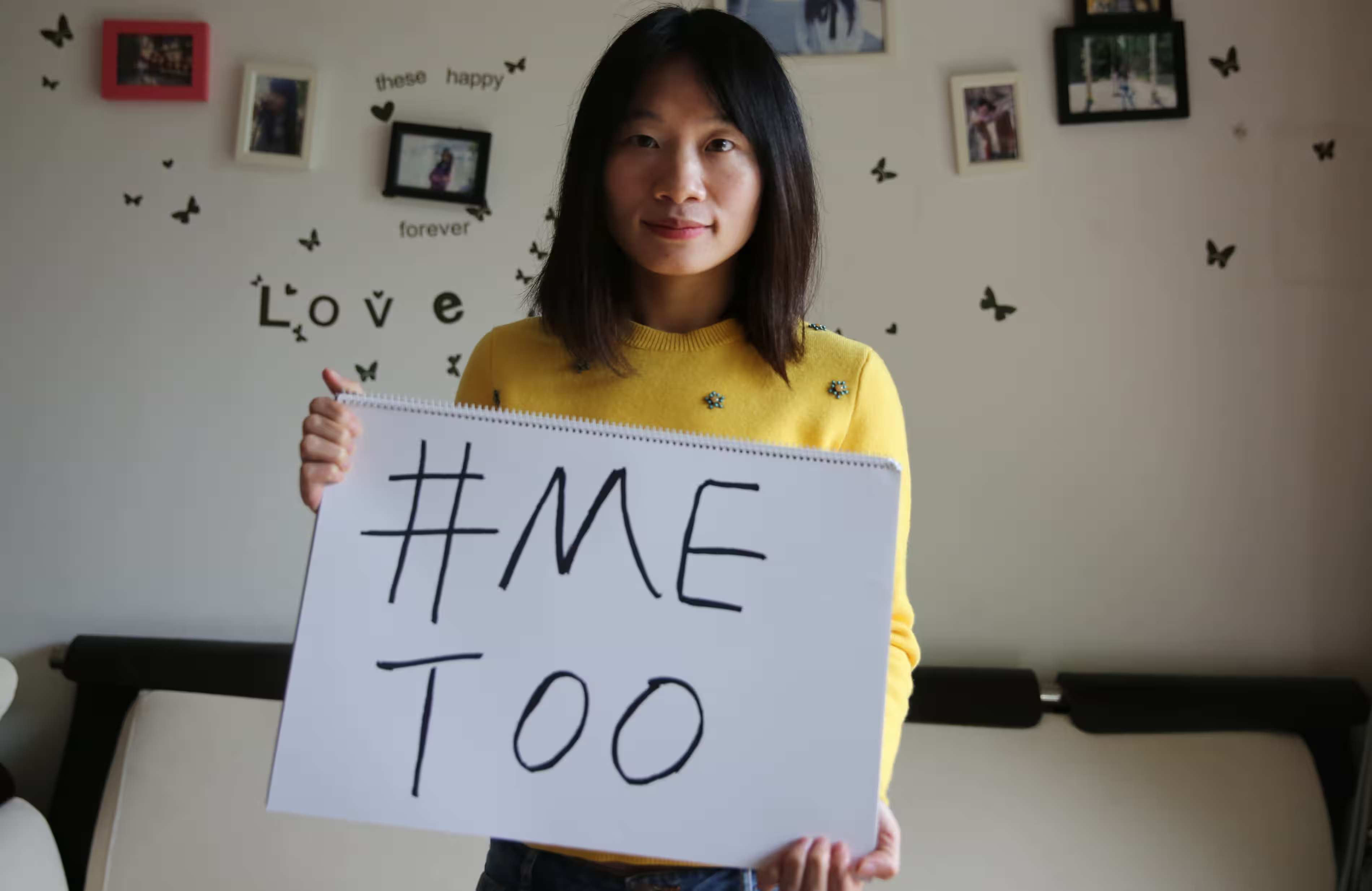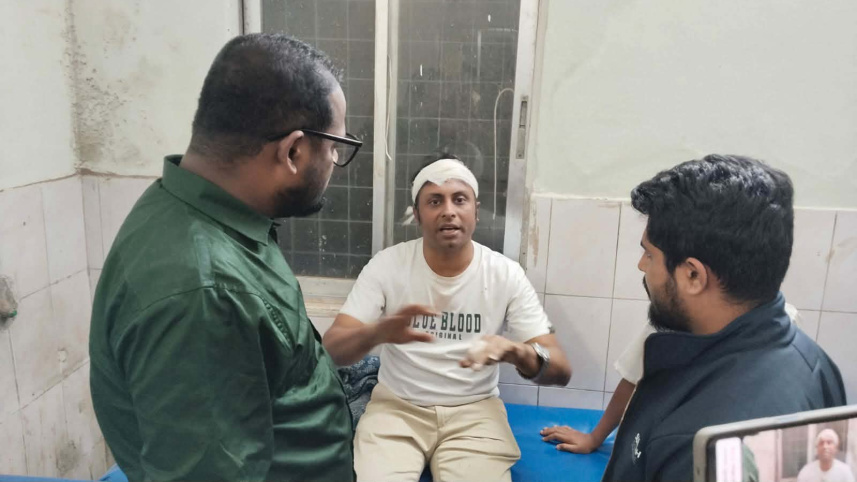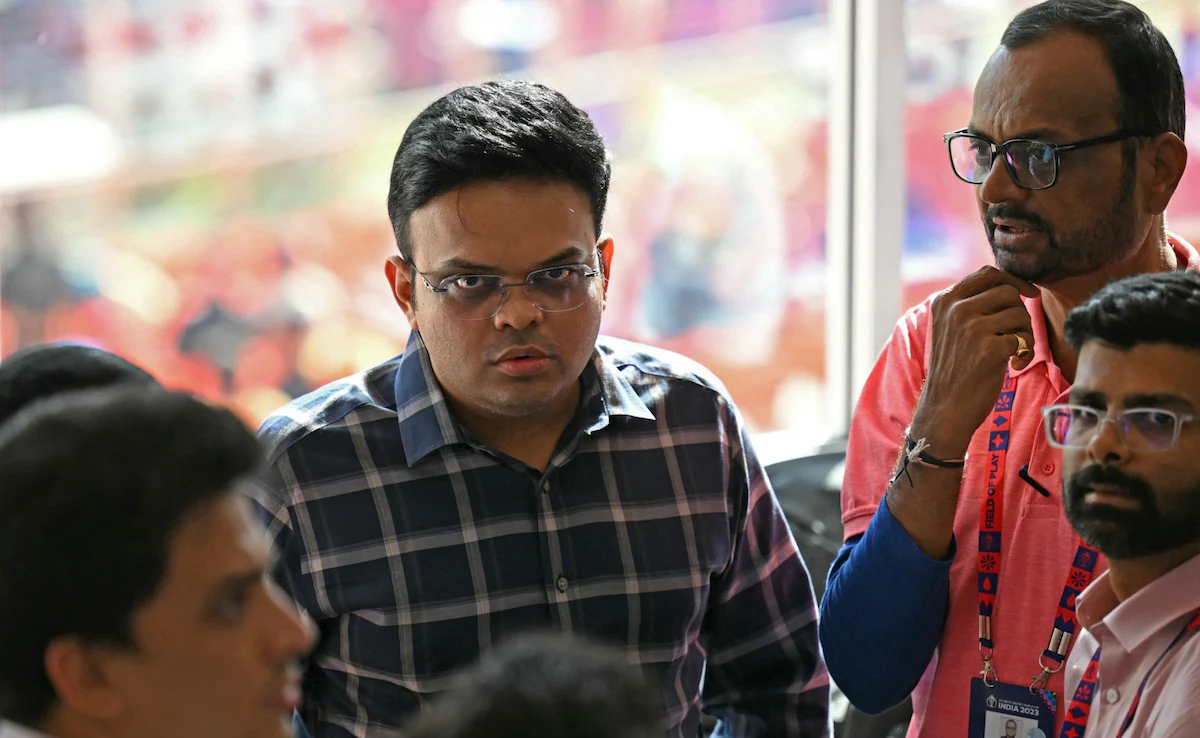
Military Court Detains Two Nigerien Journalists Over Alleged Plot Against the State
June 14, 2025
Kurdish Journalism Honors Courage: Gurbetelli Ersöz and Musa Anter Awards Spotlight Press Freedom Under Threat
June 14, 2025June 14, 2025 – China –
Independent journalist and #MeToo activist Sophia Huang Xueqin (also known as Huang Xueqin) was sentenced by a Chinese court to five years in prison for “inciting subversion of state power.” Her co-defendant, labour activist Wang Jianbing, received a 3½-year sentence. Court details emerged almost exactly one year later, prompting renewed global advocacy on the first anniversary of the ruling.
Huang first rose to prominence in 2017–2018 by reigniting China’s #MeToo movement through an online survey uncovering widespread sexual harassment, particularly within journalistic and academic environments. Her campaign supported victims and shone a national spotlight on feminist issues in the country. She also reported on the 2019 Hong Kong protests and held weekly discussion groups with activists, activities authorities later portrayed as threatening state security.
Her 2021 arrest occurred just before she was due to depart for master’s studies in the UK under a Chevening scholarship. She and Wang disappeared following a gathering at Wang’s home on September 19; they were officially detained in November on subversion charges. Huang reportedly endured over 500 days in pretrial detention, including prolonged isolation.
Human rights groups and press freedom advocates, including Reporters Without Borders (RSF) and Jurist, condemn the sentence as politically motivated and arbitrary. RSF emphasizes that Huang’s recognized journalistic work, not a crime, sparked deep feminist conversations and empowered survivors. Her imprisonment is viewed as symptomatic of China’s broader clampdown on journalism, feminist activism, and civil society.
RSF has issued renewed appeals for Huang’s immediate release on the sentencing anniversary, stressing that detention without a fair trial violates international human rights norms. The organization also shines a light on her significant contributions to feminist journalism and notes the steep personal cost—over a year in solitary confinement—since her arrest.
Huang’s appeal is underway, yet her five-year sentence remains firmly in place, prolonging her absence from journalism and activism. Her case echoes wider pressures on women reporters and online dissent in China, where #MeToo advocates continue to face censorship, criminal charges, and coercion. Freedoms of gender expression, press, and assembly remain under threat, placing international scrutiny on China’s human rights commitments.
Reference –




